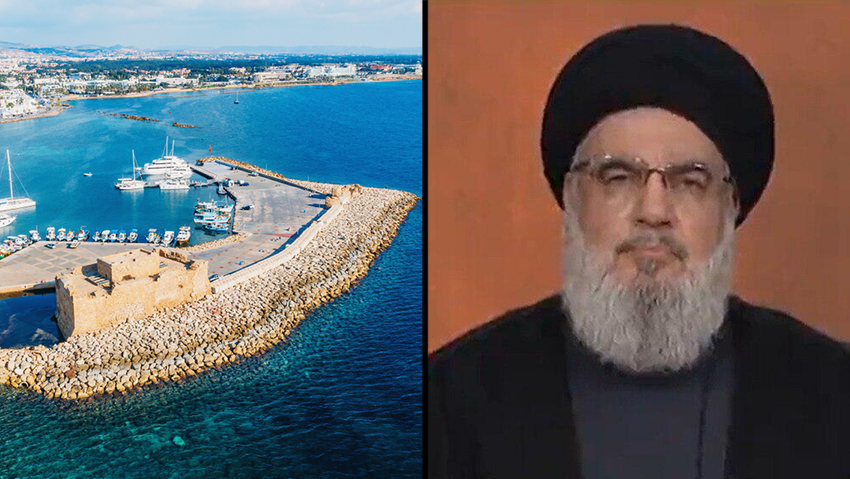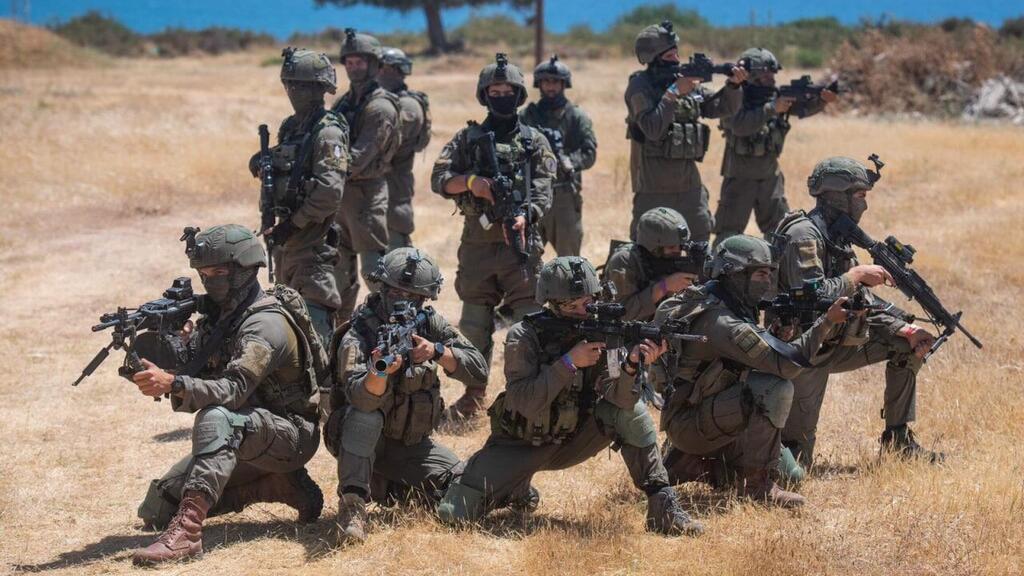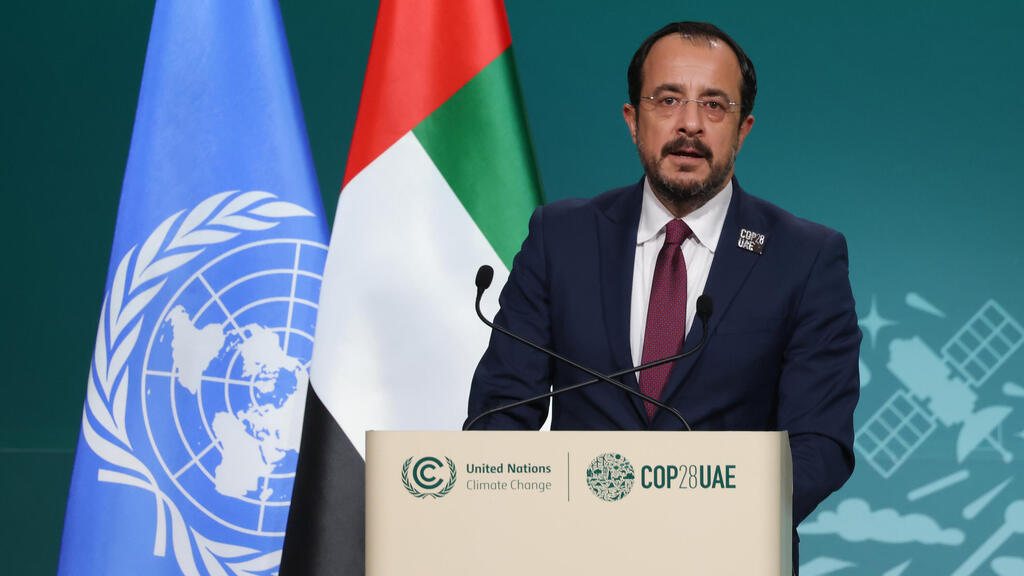Getting your Trinity Audio player ready...
Hezbollah Secretary-General Hassan Nasrallah's threat against Cyprus brings to light the security relationship between Israel and the neighboring island, raising concerns about the consequences of a broader war with Lebanon.
In his threat, Nasrallah claimed that Hezbollah has "information" that Israel uses airports in Cyprus for military training. " The Cypriot government must be warned that opening Cypriot airports and bases for the Israeli enemy to target Lebanon means that the Cypriot government has become part of the war and the resistance (Hezbollah) will deal with it as part of the war,” he said.
Cyprus and Israel were surprised by the threat, especially since it was directed against a European Union (EU) member state. The EU quickly backed Nicosia, clarifying that a threat against it is a threat against the entire union.
Nasrallah seems to believe that in the event of a total war between Israel and Hezbollah, Israeli Air Force fighter jets would need to land and take off from Cyprus, and so seeks to create a deterrence against such a possibility. It’s unclear where Nasrallah got this notion, and sources involved in the matter said it was baseless.
"Cyprus will not allow aircraft from any country – including Israel – to use its airports to attack a third country. Israel has never asked for this. It's not on anyone's agenda," said a source familiar with the details.
"The Cypriots won’t allow any plane to take off from their territory to attack Lebanon. The Cypriots aren’t stupid. They have no intention of allowing any other country to use their land to attack another country," the source added.
A similar clarification was issued by the Cypriot government spokesman, Konstantinos Letimbiotis on Thursday, who said Cyprus would not allow any country to carry out military actions on the island.
Following the threat, Nicosia’s authorities announced they were constantly reviewing and updating their readiness against attempts to carry out terrorist attacks on the island. According to a Saudi media report, they intend to review the lists of Lebanese residents on the island and identify those connected to Hezbollah.
However, concerns about the possibility of regional escalation go beyond terrorism. Alongside Nasrallah's threat, the island is worried about the far-reaching consequences should a full-scale war break out between Israel and Hezbollah.
"If Lebanon is hit with an earthquake – the tsunami hits Cyprus," explained senior Cypriot officials, who fear a war in Lebanon would turn the island into a target for mass migration. Nicosia understands Nasrallah is unhappy with its close relations with Israel but is still unsure why he wishes to target the Island.
Cyprus's interest is to lower tensions and avoid a crisis following Nasrallah's threat. This might be the reason for the relatively moderate statement from the country’s President Nikos Christodoulides, who said Nasrallah’s words "don’t reflect reality" and that Cyprus sees itself as part of the solution to the conflict, not part of the problem.
However, the threat to the island doesn’t come in a complete vacuum, and Israel and Cyprus have tight security relations. These are seen in two main elements: Israel is the first or second supplier of military equipment to Cyprus – alongside or after France – and according to various publications, has sold the island a warship, air defense systems, and more. The countries also cooperate in joint drills, with the IDF and the Cypriot military conducting joint training drills.
Relations between Israel and the neighboring island were excellent before the war – and remained good even after it began, despite considerable criticism heard among Cypriot sources since the fighting started. Images from Gaza sparked strong criticism toward Israel in the local public, mainly from the political left, but the government in Nicosia was and remains a friend of Israel.
Relations between Israel and Cyprus have undergone a transformation in the last 15-20 years, after showing one another the cold shoulder in the past. Israel opened a consulate in Cyprus in 1950, even before it gained independence from the UK. In 1960, when it became independent, Israel opened the embassy, but the Cypriots did the same only in 1994.
The chill in relations at that time was brought on by the fact Israel was very close to Turkey until the late 1990s. Turkey, which occupied northern Cyprus in 1974, is considered their archenemy.
After joining the EU in 2004, Cyprus grew closer to the Western European bloc and Israel distanced itself from Turkey, making a connection between the countries. This led to the formation of the famous Hellenic alliance in 2010 – between Israel, Cyprus, and Greece – an alliance that counterbalanced Turkey.
The rapprochement between Israel and Cyprus brought about a significant change in relations, also reflected in close economic ties. Israel is the second-largest supplier of tourists to Cyprus, after the UK. In 2023, 410,000 Israeli tourists visited the island compared to 1.2 million from the UK.







